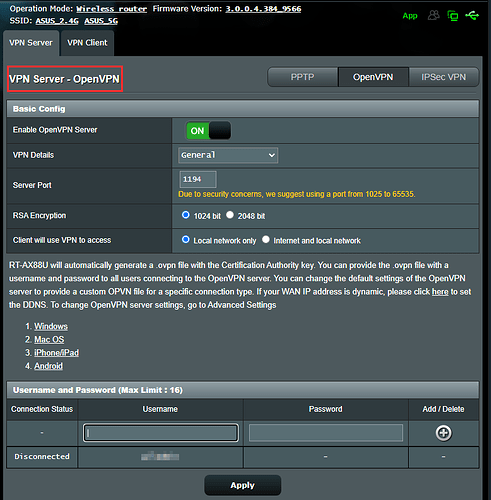This isn't strictly Pi-hole related, so you may want to consider alternate sources for acquiring additional insights.
So you want to make use of VPN both as a client (to NordVPN) and as a server (for your mobile devices when away from home).
Since you already have a NordVPN subscription, your nomadic use devices (mobile and laptop) may already be covered by that. In that case, transfer speeds will likely be significantly better if you stick with the NordVPN clients on those.
If you decide to route your traffic from your mobile devices through your home network filtered by Pi-hole and then to NordVPN, I'd recommend testing the alternatives of using your RPi or your router as VPN gateway.
I guess your router is more likely to win this test, but that would depend on your router's hardware and software characteristics, among others. (click for details)
In general, your router may have three advantages when compared to your RPi:
a) It has a dedicated uplink port to your ISP.
It can download data from the Internet on that port and send data to your clients on all others at the same time.
Your RPi will have to share one port for sending and receiving data, effectively halving that port's bandwidth, while also sharing it between all of its clients.
b) It may feature encryption enhancements or even dedicated h/w encryption support.
It will be considerably faster encrypting and decrypting your VPN traffic without increasing CPU load.
ARM designs in general are also capable of encryption, but that attracts extra licensing costs, and so all RPi CPUs lack h/w encryption support.
c) It may feature h/w switching logic for its network ports.
Its CPU then wouldn't need to inspect your network traffic.
An RPi will have to employ RAM and CPU to handle network traffic.
On a 3B+, adding an additional Ethernet dongle as dedciated upstream link may improve its performance, but only by so much: Ethernet throughput is limited internally by the USB2 bus interface, so caps at 480Mbit/s raw - and that's shared among all USB client devices, i.e. your two Ethernet ports plus any other USB devices you use (mouse, keyboard, harddrive,...).
An RPi has but one advantage:
It can use whatever VPN solution is available for it.
Your router very likely limits you in your choice of VPN protocols and implementations.
If your router wouldn't support WireGuard, this may allow the RPI to gain some ground, as WireGuard may be considerably faster than IPSec or OpenVPN.
As for encryption/decryption speeds, I can only offer anecdotical data from using WireGuard on my own RPis, a Zero (Fast Ethernet dongle) and a 3A (WiFi 5GHz at 120Mbit nominal). But I don't consider those measurements to be representative.
Serving a WireGuard VPN connection, the Zero was able to sustain about 18 Mbps for both download and upload with nearly 100% CPU load. On the 3 A+, it was only slightly faster at about 25% to 30% load (so also using about 1 core).
I suspect single core frequency to impact performance more than having multiple cores, and I suspect link speed to also have an impact, so your Ethernet link on your 3B+ likely improves performance.
Loads dropped to below 10% with occasional peaks when streaming 720p videos at about 4 to 5 Mbps.
Even a Zero may thus be sufficient as VPN server to saturate a 20 Mbps uplink before becoming a bottleneck, so certainly enough on a 50/10 DSL or a 200/20 cable connection.
Your download speed becomes relevant if you are planning to establish a gateway to connect your home network to NordVPN. Your RPi's decryption speed then has to match your ISPs download bandwidth, or at least the decryption speed of your router.
When testing is a close match or only slightly in favour of your router, I'd probably try to use WireGuard as my VPN server anyhow, for one reason: You will notice a lot less reconnection attempts when on the move. WireGuard handles connection drops much better than OpenVPN.
Of course, this would be relevant for you only when using your VPN when not stationary, e.g. working with your laptop while commuting.
I'm aware that NordVPN has added WireGuard suport only recently, and they extended it somehow to address some potential privacy issues when using WireGuard.
I'd recommend to also consult with NordVPN whether they would offer software for running their custom WireGuard protocol on an RPi.


